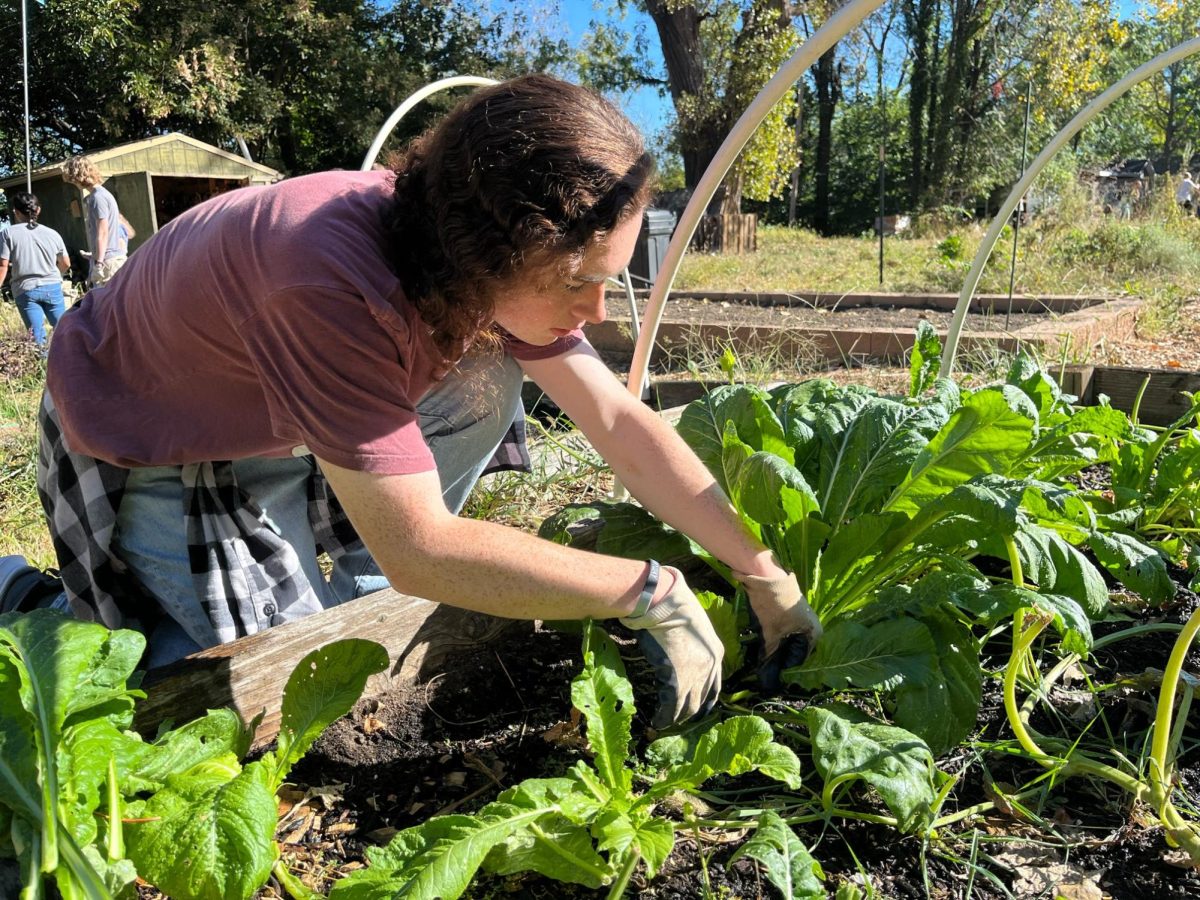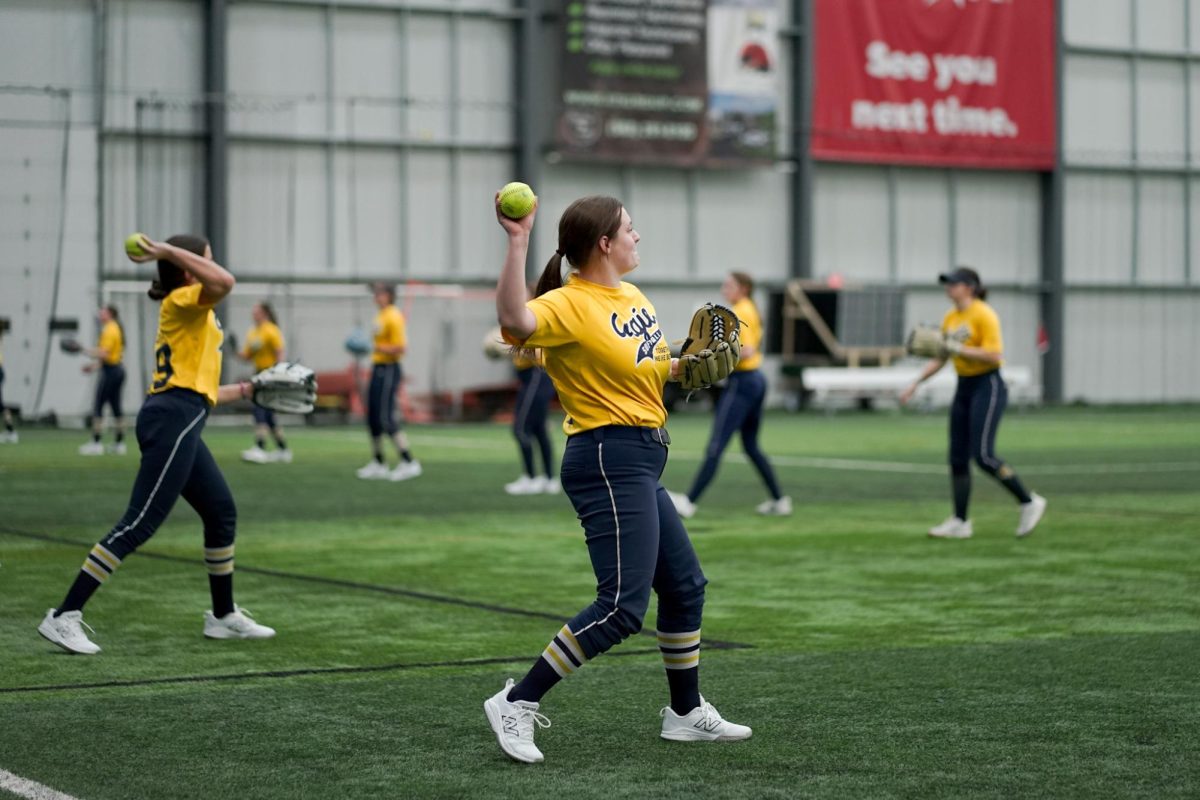Student leaders face pressure on and off the clock
October 29, 2022
There are a variety of jobs available to students on campus throughout the school year, many of which require that students take on leadership roles in addition to completing their studies. These jobs do offer benefits to students, such as increasing their involvement in the campus community and providing valuable job experience. Students in those positions are concerned with balancing school, work and a social life.
Being a resource that is consistently available to students is important, as student peer leaders are seen as more approachable than faculty, and they can offer support to other students. However, students employed in these roles may feel as if they cannot rest or relax as they will consistently maintain an image to positively represent the campus.
Students employed in positions that serve leadership roles are paid to present themselves in a certain way and may also be influenced by the way their peers perceive them.
Harappa, a site that promotes outcome-based career education, said “[Peer pressure] gives rise to feelings of inadequacy or defeat, or if we start feeling anxious that our friends can easily accomplish things that we are struggling with, then the same examples of peer pressure can be harmful to our well-being.”
Given that students in these jobs strive to be viewed by other students as helpful, positive role models, they may feel pressured by their peers to be constantly available and help in any way that they can. This can lead to these students feeling overwhelmed or incompetent as if they are not doing enough in their roles.
This form of self-reflection can be constructive when one is weighing their career options but it is not constructive when paired with the additional stresses of schoolwork and social life. Nor is it helpful when it is the compounded result of these factors and ongoing pressure from peers.
It is evident that leadership positions are more stressful than others, but they have to hold themselves accountable for their actions, which can be overwhelming.
Accountability to get a job done can be seen in those employed around campus in leadership positions in their interactions with other students. When employed as a Community Advisor, for example, a primary responsibility is to ensure that students are supported and welcomed to campus.
This means that, in addition to working on call, student leaders are also expected to be available to students around campus, at events, and in your residence hall. The extent of the expectations of those who have a job that involves peer leadership raises the issue of: How can a student balance their social, academic and professional lives if the boundaries between these are unclear?
Student leadership employment on campus is beneficial to students in that it allows students to take on more than 10 hours a week (for student supervisors) and provides more impressive job experience. However, it is also a stressor for students, observed in the peer pressure students in these roles face and the difficulty they may have in balancing this with other priorities, such as social life and academics.








































































































